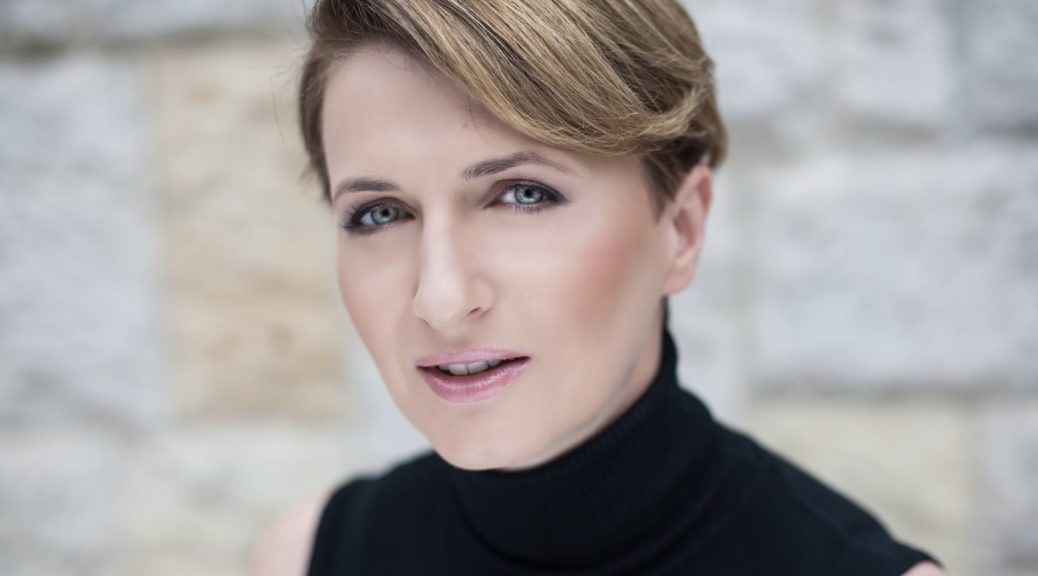
Wolińska Fêted in France
Wolińska Fêted in France
(by Kevin Allen April 10, 2023)
Good news sometimes takes time to percolate up the information chain on its way to a wider audience. This process certainly applies to Monika Wolińska, who for several years has been appearing as guest conductor on important European stages. Her international orchestral engagements are invariably well received by those who hear them live and, eventually, the news of her musical conquests reaches the public who did not witness them in person.
Such, indeed, was the case with Maestra Wolińska’s appearance with the Orchestre Pasdeloup on February 18. The oldest symphony orchestra in France (founded in 1861 by Jules Pasdeloup), it has given premieres of countless works by modern French composers. On this particular occasion, music by Ravel, Sarasate, Dukas and Saint-Saëns was performed under the baton of Maestra Wolińska to, as the review posted by Jean Thomas noted, “…thunderous ovations and applause.”
With a title “The Philharmonic Deployed at Full Tilt,” the review further described Wolińska leading the orchestra in a “dazzling and virtuoso palette of late 19th and early 20th century works,” summing up the leading paragraph with the exclamatory statement, “Hats off to Monika Wolińska.”
The capacity audience at the Pierre Boulez Auditorium heard Ravel’s Bolero, Sarasate’s Carmen Fantasy, Dukas’s Sorcerer’s Apprentice and the magnificent Organ Symphony of Saint-Saëns, the latter being a perfect occasion to deploy the grand organ residing in the ultramodern hall with over 2,000 seats. Located at the Parc de la Vilette in northeast Paris, this facility opened in 2015 and has since served as home of the Philharmonie de Paris.
After discussing each of the pieces on the program in some detail, under a sub-heading “Chapeau bas à Monika Wolińska!” Jean Thoams rhetorically asked, “And what’s there to say about Monika Wolińska at the helm of the orchestra?” The answer was breathlessly delivered as follows: “The leader was able to render—with subtlety, precision, clarity and rigor—the character of each of these works with their nuances and challenges. The audience gave her a long and heartfelt ovation at the end of the concert.”
Well done! Brava Maestra! More excellent interpretations of great symphonic works are sure to come in the future along with the public reactions to them, and we hope to report on them in this Newsletter in due course.
Article and translations by Marek Zebrowski
For more information on the article please visit Polish Music Center website.